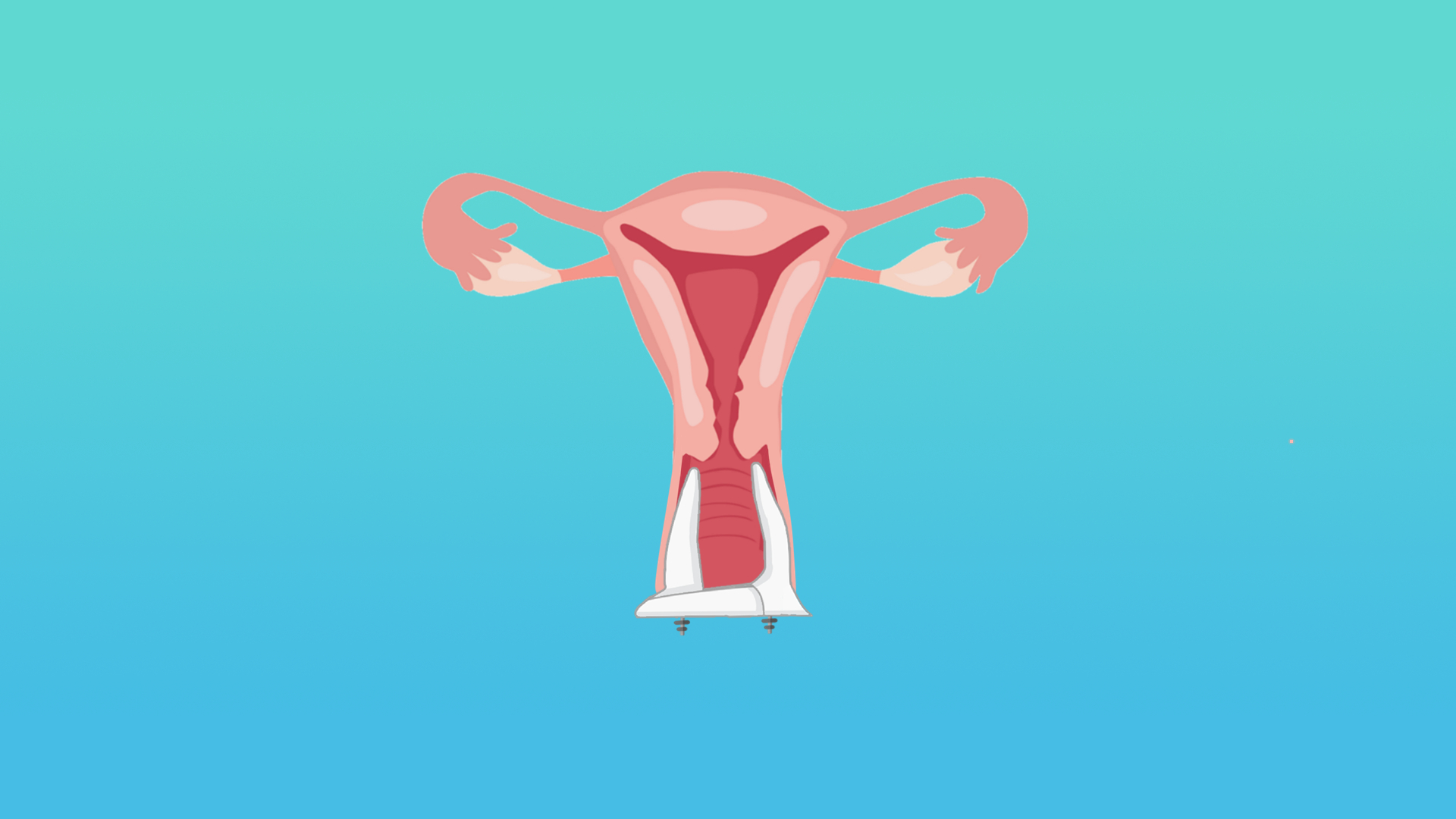The best contraceptive method for women
Generally speaking, there is no single best contraceptive method for women. Commonly used contraceptive methods include condoms, short-term oral contraceptives, intrauterine devices (IUDs), subdermal implants, and long-acting contraceptive injections. If discomfort occurs, it is recommended to seek timely medical consultation and follow standardized treatment under a doctor's guidance. Detailed explanations are as follows:

1. Condoms
Condoms offer high contraceptive effectiveness and minimal side effects. They can also effectively prevent the transmission of sexually transmitted diseases. They must be used throughout sexual activity, and their integrity should be checked before and after use to ensure there is no damage or slippage.
2. Short-Term Oral Contraceptives
Short-term oral contraceptives include combined norethisterone tablets, medroxyprogesterone acetate tablets, drospirenone and ethinyl estradiol tablets (II), etc. These are suitable for most women, convenient to use, and provide effective contraception. Some medications can also regulate the menstrual cycle. They should be taken at the same time daily to avoid missed doses. Some women may experience irregular menstruation, nausea, headaches, or other adverse reactions during use.
3. Intrauterine Device (IUD)
An IUD is a contraceptive device placed inside the uterine cavity, typically made from polyethylene, silicone rubber, stainless steel, copper, and other materials. The IUD works by exerting long-term pressure on the endometrium, inducing a mild inflammatory response, thereby altering the endometrial environment and interfering with embryo implantation to achieve contraception.
4. Subdermal Implants
Subdermal implants are silicone rods containing a specific dose of progestin that are implanted under the skin. They slowly and consistently release the medication to achieve contraception. The released progestin changes the viscosity of cervical mucus, preventing sperm from entering the uterine cavity. It also inhibits endometrial growth and suppresses ovulation, thereby achieving contraceptive effects.
5. Long-Acting Contraceptive Injections
Long-acting contraceptive injections contain estrogen and progestin. These injections alter the characteristics of cervical mucus, preventing sperm from entering the uterine cavity smoothly. Additionally, estrogen and progestin together suppress ovulation and modify the thickness of the endometrium, preventing embryo implantation.
It is recommended that when choosing a contraceptive method, you communicate thoroughly with your doctor to select the most suitable option. Also, follow correct usage instructions and undergo regular gynecological examinations to ensure effective contraception.









